This award is relatively new and has an excellent reputation. Her discussion adds to a list of posts that have dealt with awards. A couple of years ago, Mark Letcher introduced the blog’s readers to the Walden Award. A bit later, Shane Kane introduced how she and her students discuss awards. Just a few weeks ago, Sharon revisited this topic. Inspired by Sharon, I also discussed the past winners of the National Book Award and highlighted the longlist in 2014 and again this year. Lisa has also talked about the Alex Awards in an earlier contribution. This is a great introduction to the award and to a fantastic collection of novels.
Below, Lisa provides a series of questions and answers about ALAN's contribution to book awards.
Who picks it? Every year, the Walden Committee is comprised of 11 ALAN members (1 chair, 1 past-chair, 3 classroom teachers, 3 librarians, and 3 university professors). Committee members serve from 2-3 years, and are rotated off, so that there are always new members each year. This year’s press release lists the current members
How does the committee select the finalists? The award has specific criteria that we follow to narrow down to our top five. The three main criterion are a positive approach to life, widespread teen appeal, and literary merit. Each of these criterion has sub-categories that we also consider as we read and deliberate.
How many books are considered for the award? Typically, 250-300 books are submitted each year. The committee is formed in September, and books start arriving soon thereafter. The committee does not receive copies of every YA book published each year; the publishing houses determine which books they want to submit for award consideration. Committee members can also suggest books, if they have not already been submitted.
Does everyone read all of the books? No J Once the committee members are selected, smaller reading groups are formed, each with three members. This allows us to read the hundreds of books that are submitted. In Round 1, each group is assigned titles and reading deadlines by the chair, and each small group “talks” about their books via email.
How are the finalists selected? If a group decides that a book meets the award criteria and should move forward, that book moves on to Round 2. For this we have a private group on Goodreads. In Round 2, everyone on the committee reads all of the remaining titles, and there is more discussion and voting on the Goodreads site. From my experience, we start with 30-40 books at the beginning of Round 2 and then narrow down from there. We talk and vote until we decide on our five finalists. There are as many rounds as are needed until the committee can agree on finalists and an eventual winner. Sometimes we get to four rounds, and then other times it takes five rounds of reading and voting. Then, we vote on which finalist should actually receive the award. Each year, there is 1 winning title and up to 4 honor books.
What is my experience? I’ve joked that this is the hardest job you’ll ever love. There are many, many good books and then some great books. And, the reading can get intense; at several points during the year it is a book a day. When we get down to the final 7-10 books it can be really hard. At that point we are distinguishing between and among titles that could all make the final five. It means going back to the criteria and really reading closely to see which titles best fulfill all of them. I came up with my own rating system two years ago that has served me well: GREAT, SUPER GREAT, and SUPER-DUPER GREAT. That has aided me in not feeling like I am letting a book down, or that it is inadequate. It may be super great but not super-duper great.
I encourage all ALAN members to apply to be on the committee. The call usually goes out during the summer and the application deadline is September 1. I am so grateful to have been exposed to hundreds of new and fantastic books these past two years. And, I took part in some of the most interesting and in-depth conversations of YA books that I have ever had. I am going to miss this “work” when my time on the committee is over.
Now for a little about this year’s winner and finalists. There are many reviews and summaries out there, so to be different I want to share some of my favorite lines from each and some quotes from my posts our private AEWA Goodreads discussion board.
Winner: All American Boys by Jason Reynolds and Brendan Kiely (A Caitlin Dloughy Book, Antheneum Books)
Quinn: “Nobody says the words anymore, but somehow the violence still remains. If I didn’t want the violence to remain, I had to do a hell of a lot more than just say the right things and not say the wrong things.” (p. 218)
Rashad: “And Spoony kept feeding Berry the papers, one after another, as she continued to read down the list of unarmed black people killed by the police. And I laid there on the hard concrete, for the second time in a week, tears flowing down my cheeks, thinking about each of those names.” (p. 308)
This novel had it all for me: A Positive Approach to Life; Widespread Teen Appeal; Literary Merit.
I am still thinking about it, and I re-read it two days ago.
Once upon a different time, there was a girl who lived in a kingdom of death. Wolves howled up her arm. A whole pack of them—made of tattoo ink and pain, memory and loss. It was the only thing about her that ever stayed the same.
Her story begins on a train.
I find so much wide appeal in this book and the hope is there. I love what Ryoko says to Yael: "I watched you race last year . . . It gave me Hope."
I love early on how Yael struggles with who she was physically before the experiments--she can't remember what she looked like--and who she is now and who she is living for
I love the last lines: The world was not just moving. It was alive. And it was ready to fight.
(Such timely lines, no?)
My illness dragged us all through the trenches, and although my trench was, well, the Marianas, I won’t discount what my family has been through. I will never forget that my parents came to the hospital every single day, even when I was clearly in other places. I will never forget that my little sister held my hand, and tried to understand what it’s like to be in those other places (p. 304)
The artfulness (is that a word?) of this book is mindblowing. Every read I note connection upon connection between and among Caden's worlds. Masterful. Powerful. Flat out superb writing.
It wasn’t that Beto wanted to tell the story. It was that he had to. He hoped that, after, he could begin to dream of the fragile joy of the months before the explosion and of the family that they had made for themselves in the woods. They had been happy, for a time, before the rules found them. Before the terrible price was exacted for their transgressions. For the crossing of lines. For friendship, for love.
And so he worked. Piecing together memories. Imagining what he could not have known. Writing out the ruins of his former life. He wrote until the story was there, outside him, terrible in its truth.
He needs you, reader. All he asks is that you take the story up and carry it for a while. (p. 396)
The one word I keep coming back to is haunting (and that's not a bad thing).
I don’t need to worry that Finch and I never filmed our wanderings. It’s okay that we didn’t collect souvenirs or that we never had time to pull it all together in a way that made sense to anyone but us.
The thing I realize is that it’s not what you take, it’s what you leave. (p. 376)
This one has such strong characterization and the support Finch and Violet have for each other is amazing. Literary Merit super-duper.
www.ncte.org/annual, I believe there is still time to get involved with this great conference, but the workshop is completely sold out.
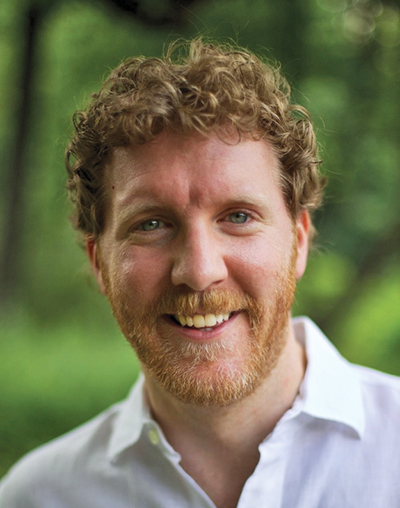
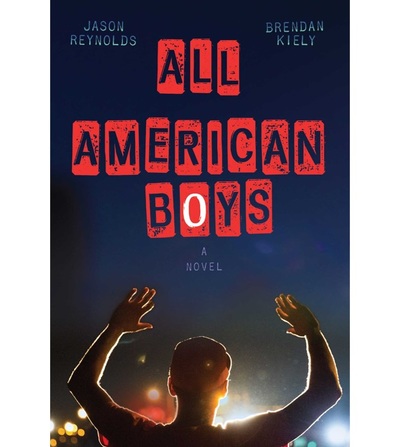

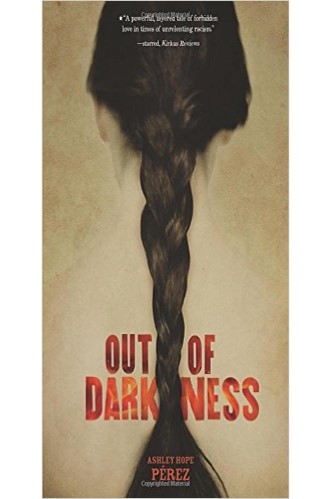

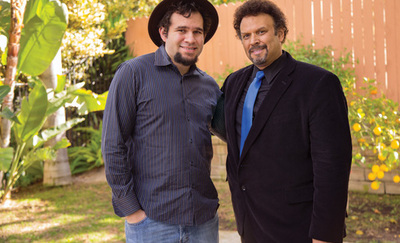
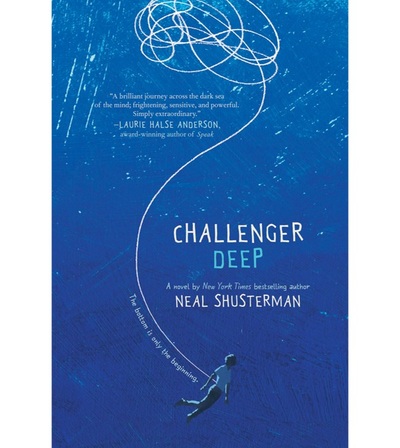
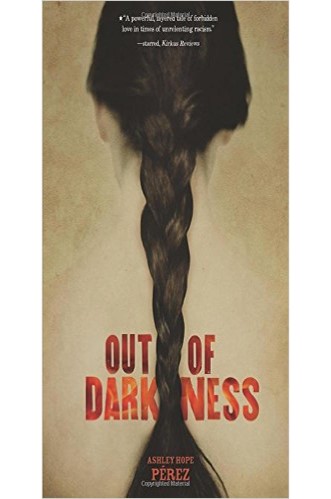
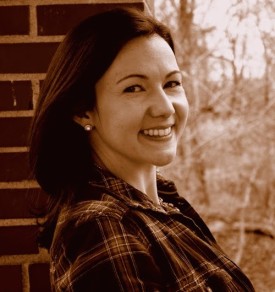
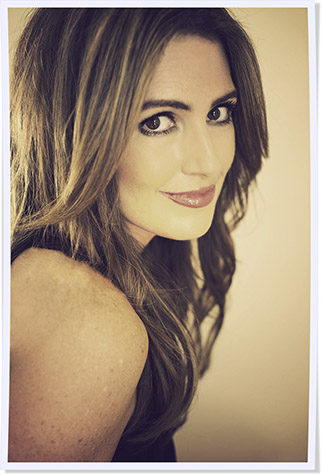
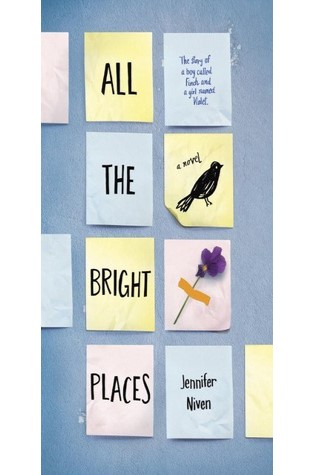

 RSS Feed
RSS Feed